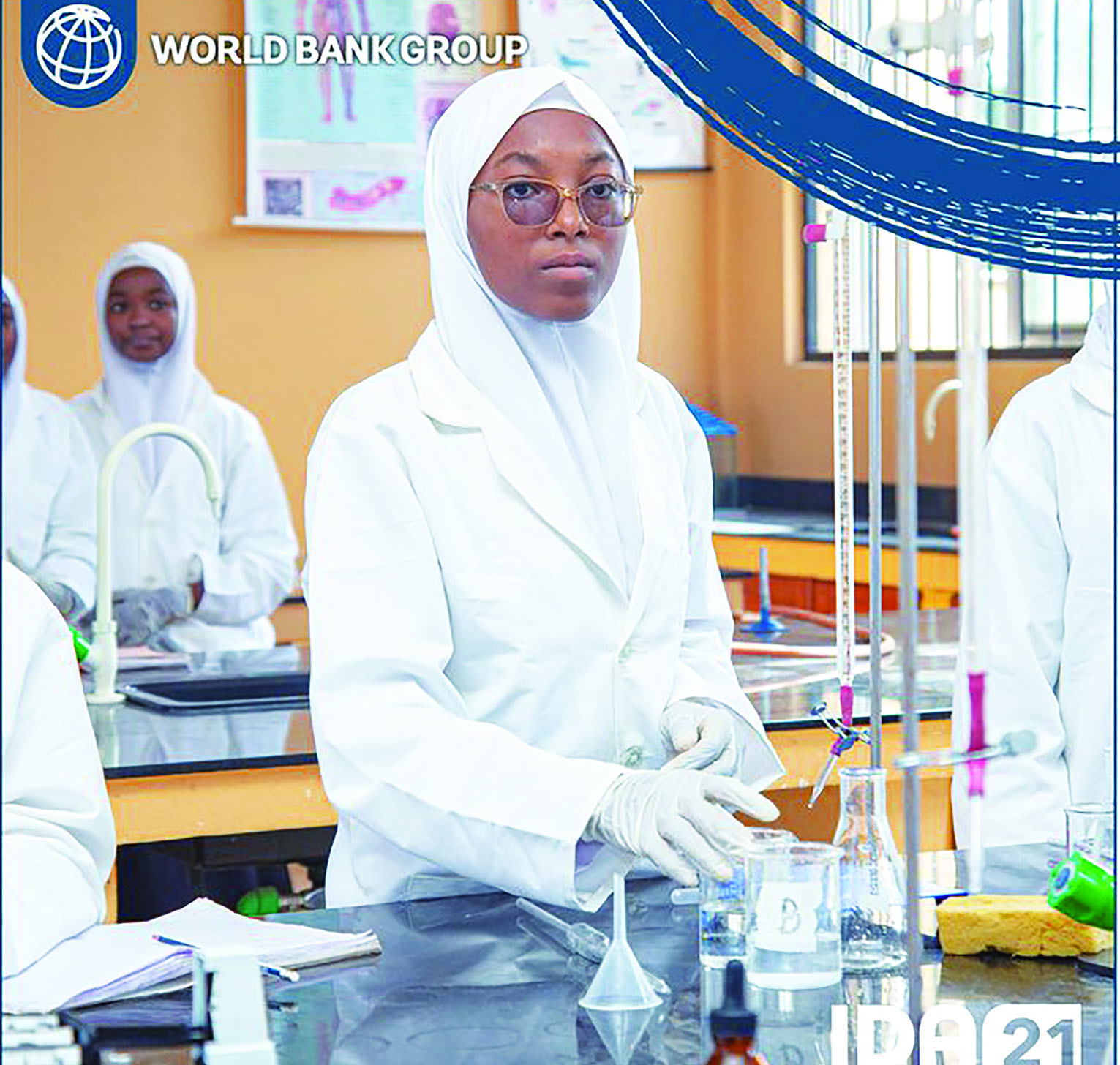South Korea says it is ready to host the final meetings of the 21st Replenishment of the International Development Association (IDA) in its capital city of Seoul this December. The 4th meetings are holding at this year’s Fund and Bank meetings, following in the footsteps of very first held in Nairobi, Kenya, this March.
The Asian country has contributed $3.2 billion to IDA resources since moving from recipient to donor status in 1977. South Korean authorities acknowledge IDA’s assistance and catalytic role in its phenomenal rise from an impoverished economy to an advanced industrial giant. From a GDP per capita of $158 in 1960, South Korea is now a roaring economy that posted an impressive $32,254 by 2022, when records were available. In the space of six decades, South Korea has transformed from a needy to a beneficent nation, contributing its quota to global economic prosperity.
In a related development, Denmark, another of IDA’s so-called Development Deputies, has pledged a 40 percent increase for IDA21 compared to the previous replenishment cycle. Prime Minister Mette Frederiksen was inspired to “urge other countries to join forces” with his to make necessary investments in IDA21. He practically spoke the minds of many on the need for donors to help tackle the challenges of the times, including climate change, by helping the most vulnerable in the global community.
The G20 Independent Expert Group’s stance aligns with the Danish leader’s. It recommends tripling IDA’s financing capacity to US$279 billion by 2030 while maintaining the essential concessional nature of its financing.
The International Development Association (IDA) is the arm of the World Bank that provides grants and highly concessional financing to the poorest countries of the world with extremely low or zero interest. Established in 1960, only 17 out of 81 countries have graduated from IDA eligibility.
Whether the donor countries and agencies will make good their commitment to making the world a livable place by contributing and collaborating with the World Bank Group will be seen subsequently. The clarion call by African leaders and civil society groups should be united, louder, and persistent.


